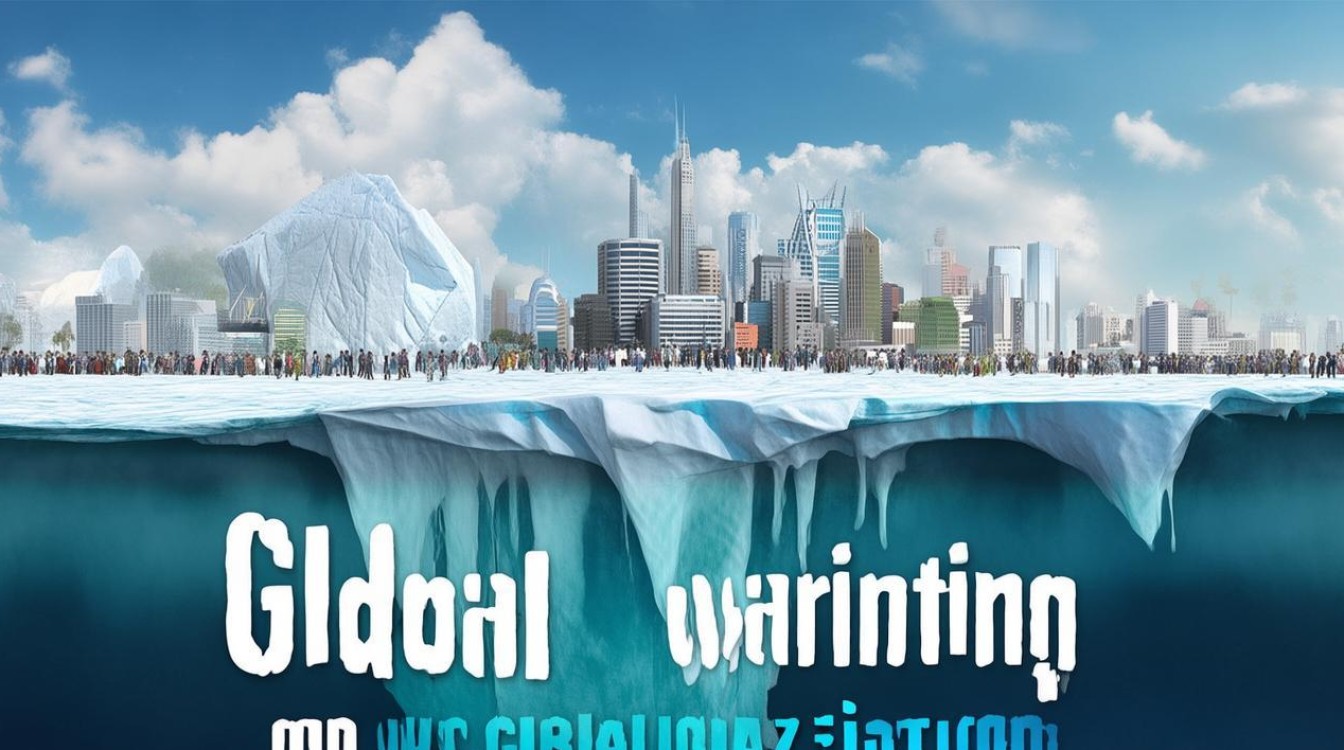Mastering English Speaking Skills Through the Lens of Global Warming
English fluency has become essential in today's interconnected world, especially when discussing critical issues like global warming. Whether you're preparing for an IELTS speaking test, engaging in academic debates, or simply improving conversational skills, climate change offers a rich vocabulary and real-world context. This article explores how to enhance English speaking proficiency while staying informed about the latest climate data.

Why Global Warming is Ideal for English Practice
Climate change discussions require clear, structured arguments—perfect for developing speaking skills. The topic covers:
- Scientific terminology (carbon footprint, greenhouse gases, renewable energy)
- Policy and activism (climate agreements, sustainability goals)
- Everyday conversations (weather changes, eco-friendly habits)
Practicing with this subject improves both technical and casual English, making it versatile for exams and daily communication.
Latest Data to Strengthen Speaking Responses
Using updated statistics makes arguments more persuasive. Below are key findings from 2024 reports:
Global Temperature Trends (2024 Update)
| Metric | Data | Source |
|---|---|---|
| Average global temperature increase since pre-industrial levels | 45°C (2023) | NASA Climate |
| Hottest year on record | 2023 (1.48°C above baseline) | NOAA |
| Projected 2024 increase | Likely to exceed 1.5°C temporarily | WMO |
Extreme Weather Events (2023-2024)
- Wildfires: Canada’s 2023 fires released 2.4 billion tons of CO₂ (Copernicus)
- Floods: Pakistan’s 2024 floods displaced 500,000+ people (UNEP)
- Heatwaves: Europe experienced 60% more extreme heat days in 2023 (ECMWF)
Incorporate these figures into speaking exercises:
"According to NASA, 2023 was the hottest year recorded, with temperatures 1.48°C higher than pre-industrial levels. This trend suggests urgent action is needed."
Vocabulary Building for Climate Discussions
Essential Terms
| Category | Words/Phrases | Example Sentence |
|---|---|---|
| Science | Carbon sequestration, tipping point | "Scientists warn that crossing tipping points could accelerate ice melt." |
| Policy | Net-zero pledges, carbon tax | "The UK’s net-zero strategy includes phasing out coal by 2030." |
| Daily Actions | Zero-waste, upcycling | "Upcycling old clothes reduces textile waste." |
Idiomatic Expressions
- "On thin ice": Risky behavior (e.g., "Continuing fossil fuel use puts us on thin ice.")
- "Tip of the iceberg": A small visible part of a bigger problem (e.g., "Melting glaciers are just the tip of the iceberg.")
Speaking Practice Strategies
Shadowing Climate Speeches
Listen to TED Talks or UN addresses (e.g., António Guterres’ 2024 climate urgency speech) and mimic pacing, intonation, and emphasis.
Debate Prompts
- "Should governments ban fossil fuels entirely by 2040?"
- "Is individual action or policy change more effective against global warming?"
Role-Playing Scenarios
- Job interview: "How would your company reduce emissions?"
- Casual chat: "Do you think electric cars can replace petrol vehicles?"
Common Mistakes to Avoid
- Overgeneralizing: Avoid vague claims like "Everyone knows climate change is bad." Use data: "The WMO reports a 99% chance 2024 will rank among the top 5 hottest years."
- Mispronouncing terms: Practice "anthropogenic" (an-thro-po-GEN-ic) and "biodiversity" (bio-die-VER-sity).
Final Thoughts
Global warming isn’t just a pressing global issue—it’s a goldmine for English learners. By integrating current data, precise vocabulary, and structured debate techniques, you can speak confidently and authoritatively. The next time you discuss climate change, let facts and fluency lead the conversation.











